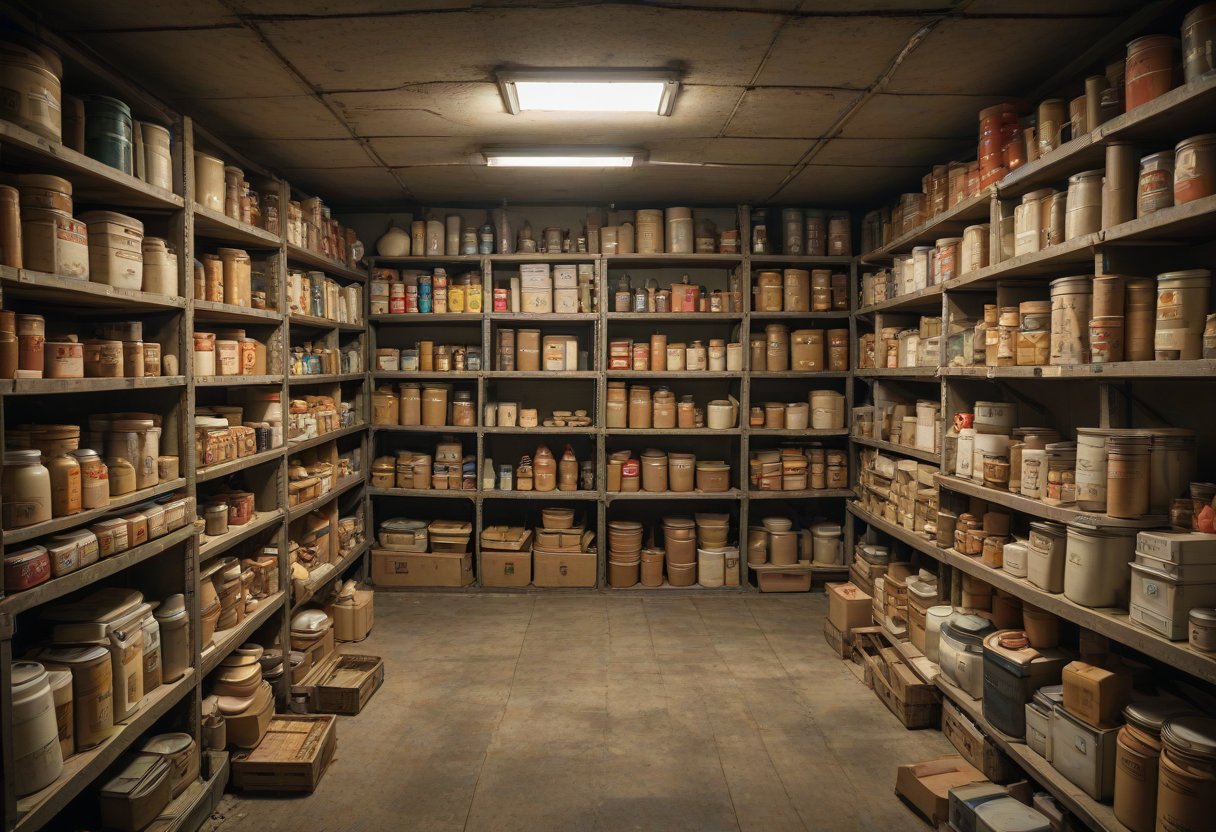In times of crisis, it can be easy to become overwhelmed by fear, anxiety, and uncertainty. However, being mentally prepared is just as important as having physical supplies and emergency plans in place. In this post, we’ll discuss the importance of mental preparedness and strategies for staying calm and focused during a crisis.
- Understand the Importance of Mental Preparedness
Mental preparedness is a state of mind that allows you to stay calm and focused during a crisis. It involves preparing yourself mentally for the possibility of a crisis, and having a plan in place to manage your emotions and thoughts during stressful situations. Mental preparedness is important because it can help you make better decisions, stay focused on your priorities, and take care of yourself and your loved ones during a crisis.
- Practice Mindfulness and Self-Care
One of the most important strategies for mental preparedness is to practice mindfulness and self-care. This involves being aware of your thoughts and emotions, and taking steps to manage them in a healthy way. Examples of self-care practices include exercise, meditation, getting enough sleep, and spending time with loved ones. These practices can help you manage stress and maintain your mental health during a crisis.
Recommended Product: The Calm App is a popular meditation and relaxation app that can help you manage stress and anxiety. It includes guided meditations, sleep stories, and other resources to help you stay calm and centered during stressful situations.
- Develop Coping Strategies
Another important aspect of mental preparedness is developing coping strategies. Coping strategies are techniques that you can use to manage your emotions and thoughts during a crisis. Examples of coping strategies include deep breathing exercises, visualization techniques, and positive self-talk. It’s important to develop these strategies in advance, so that you are prepared to use them when you need them most.
Recommended Product: The Spire Mindfulness and Activity Tracker is a wearable device that can help you manage stress and improve your mental health. It monitors your breathing patterns and provides real-time feedback to help you stay calm and focused.
- Stay Informed, but Limit Exposure to News and Social Media
During a crisis, it’s important to stay informed about the situation and any updates or changes. However, it’s also important to limit your exposure to news and social media, as constant updates and negative news can increase anxiety and stress. Set limits on your media consumption, and focus on reliable sources of information.
Recommended Product: The Kindle Paperwhite is a great way to read books and other content without being exposed to the distractions of social media and news. It’s lightweight and portable, and has a glare-free display that’s easy on the eyes. Long charge.
- Connect with Others and Build a Support Network
During a crisis, it’s important to connect with others and build a support network. This can include friends, family, or a support group of like-minded individuals. Having a support network can provide emotional support, information, and resources that can help you stay calm and focused during a crisis.
Recommended Product: The Amazon Echo Show is a great way to stay connected with friends and family during a crisis. It allows you to make video calls and send messages, and can also provide information and entertainment.
- Practice Gratitude and Focus on the Positive
During a crisis, it can be easy to focus on the negative and overlook the positive. However, practicing gratitude and focusing on the positive can help improve your mental health and reduce
stress. Make a conscious effort to focus on the things you are grateful for, no matter how small they may seem. This can include simple pleasures like a warm cup of tea, a good book, or a phone call with a friend. Focusing on the positive can help shift your mindset and improve your overall well-being.
Recommended Product: The Five Minute Journal is a simple and effective way to practice gratitude and focus on the positive. It includes daily prompts for gratitude and positive affirmations, and only takes a few minutes a day to complete.
In conclusion, mental preparedness is an essential component of emergency preparedness. By understanding the importance of mental preparedness and practicing strategies for managing stress and anxiety, you can stay calm and focused during a crisis. Remember to practice mindfulness and self-care, develop coping strategies, limit exposure to news and social media, build a support network, and practice gratitude and focus on the positive. With these strategies in place, you can be mentally prepared for anything that comes your way.
Note: The Amazon product recommendations in this post are for informational purposes only and are not an endorsement of any specific product or brand. Always do your own research and consult with a professional before using any new product or strategy to stay safe.





